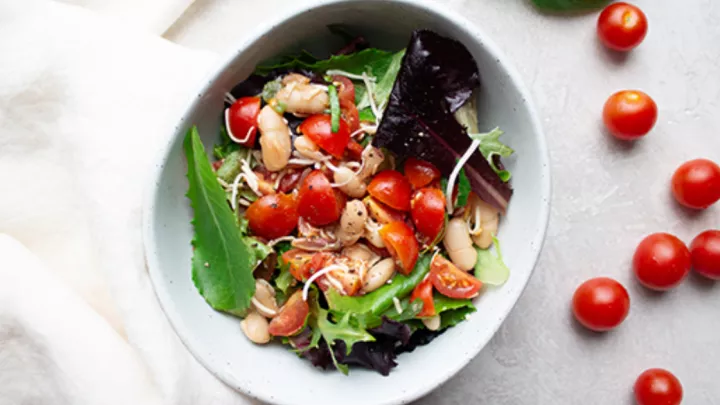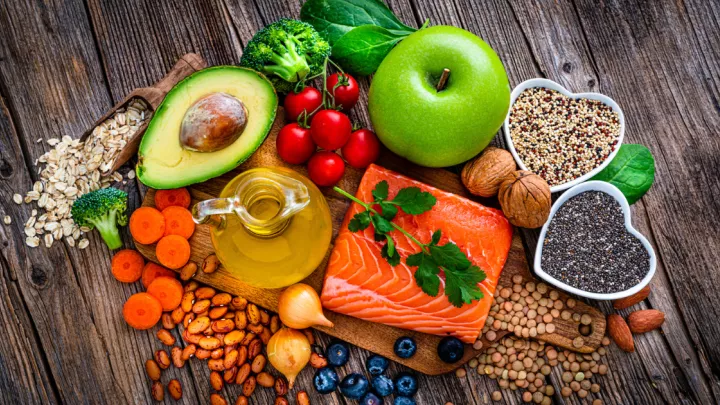6 types of irritable bowel syndrome trigger foods

More than 1 in 10 Americans have irritable bowel syndrome or IBS. There are three subtypes:
- IBS-C: IBS with constipation
- IBS-D: IBS with diarrhea
- IBS-Mixed: IBS with both constipation and diarrhea
Diet can have a huge effect on IBS symptoms, and everyone has different food triggers. Some people may do just fine with dairy, while others find a glass of milk an unwelcome trigger. If you want to find your own trigger foods, start with a simple, bland diet. Then you can experiment by choosing one type of “trigger food” for a week to see if your symptoms worsen or improve.
If you're looking for which foods are generally safe for people with IBS, skip to the second list.
Foods to test as possible triggers
- Dairy. Milk products can cause a flare-up. Try milk alternatives like almond, soy or oat milk instead.
- Processed foods. Avoid foods that are high in sugar, fat, additives and unrecognizable ingredients.
- Caffeine. Coffee, soda and chocolate are all possible triggers of IBS.
- Beans. Baked beans, chickpeas, lentils and soybeans have a lot of indigestible carbohydrates, which your gut bacteria break down to digestible nutrients and gas.
- Spicy food. Many people with IBS find spicy food intolerable, so test your limits slowly.
- Artificial sweeteners. Stay away from sorbitol and xylitol, as they've been linked to IBS symptoms. Stevia may be an alternative.
Eat these foods instead
- Veggies. Cooked vegetables are easier to digest than raw. Try eggplant, sweet potato, carrots and zucchini.
- Fruits with lower levels of the sugar fructose. Bananas, blueberries, grapes and oranges are all easy on the gut.
- Eggs. Eggs are a versatile and inexpensive option for someone with IBS. Try hard-boiled, scrambled or poached.
- Lean meats. Fish, pork, chicken, turkey and other lean meats are easily digestible.
- Nuts and seeds. The soluble fiber in nuts and seeds helps ease symptoms of constipation.







